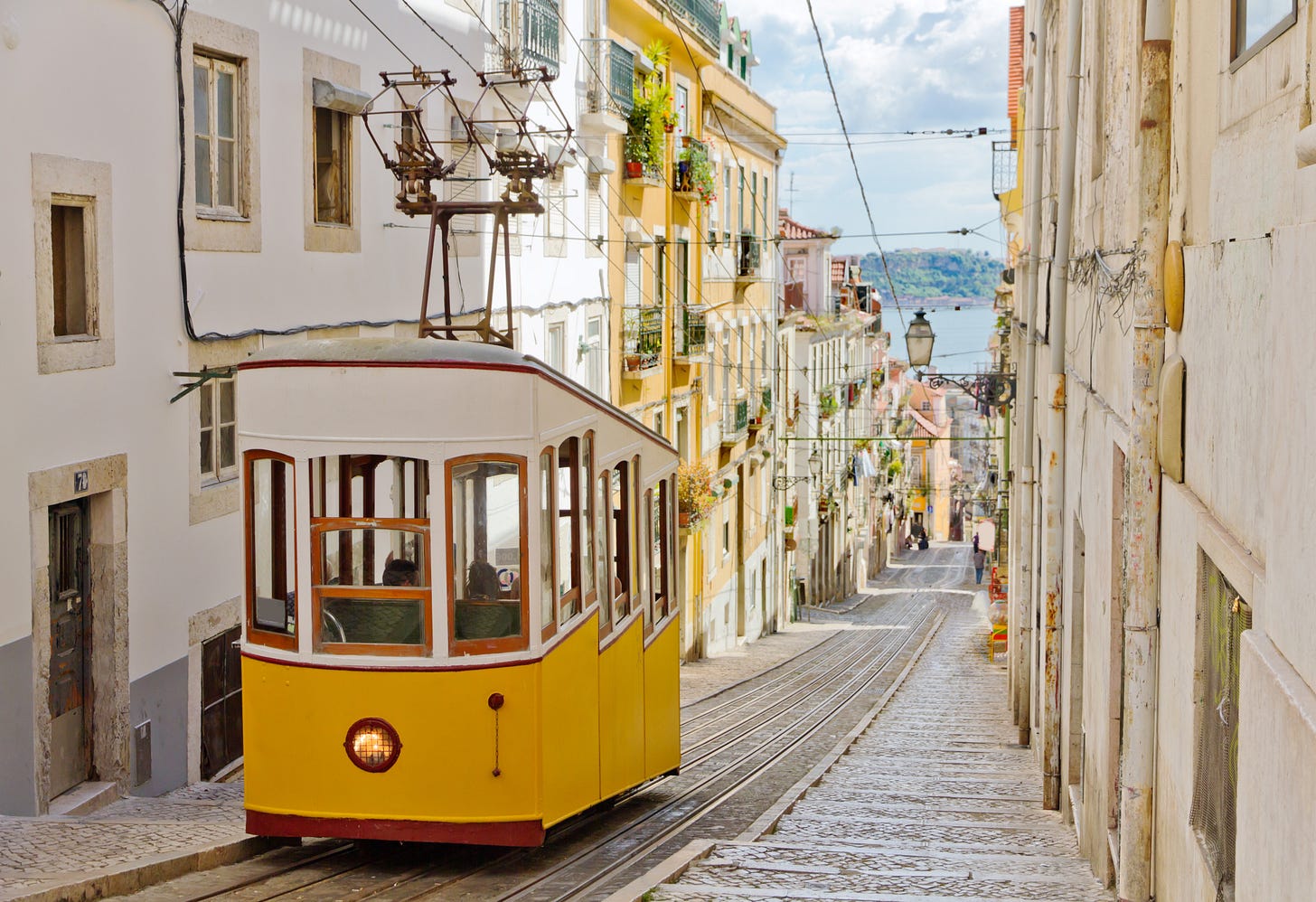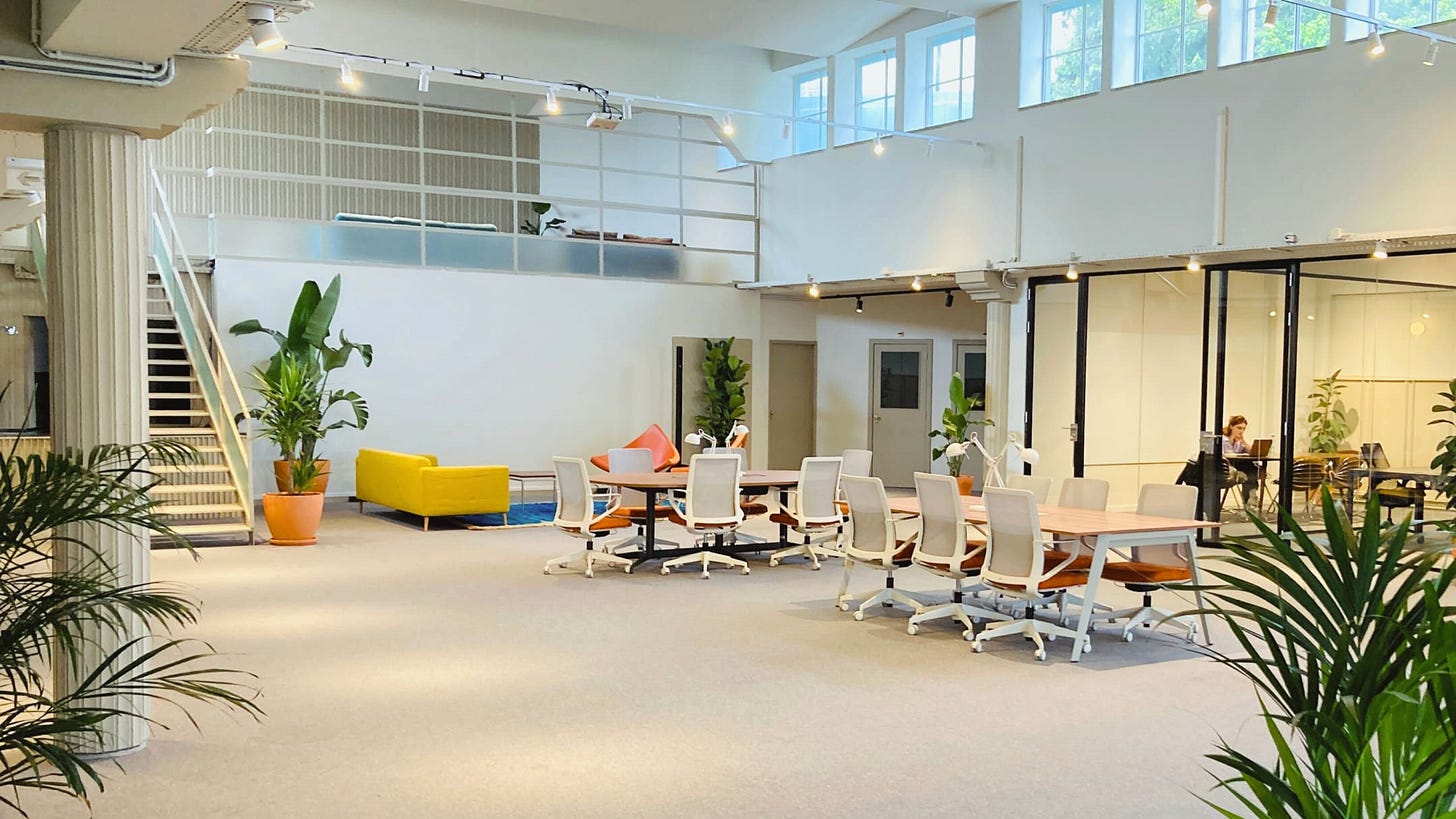Lisbon, Portugal: Nomad Life
Cost of Living and Lifestyle Deep Dive
Lisbon, known as the "City of Seven Hills," has quickly become one of Europe's premier destinations for digital nomads. This vibrant city seamlessly blends historical charm with a modern, cosmopolitan feel, offering something for everyone. Its cobblestone streets, beautifully tiled buildings, and iconic yellow trams give Lisbon a timeless allure. Meanwhile, a thriving contemporary arts scene, striking street art, and modern infrastructure appeal to those seeking a more progressive lifestyle. The city’s multicultural influences are visible everywhere—from the international cuisine in its restaurants to the diverse mix of people who now call Lisbon home.
For digital nomads, Lisbon provides a laid-back, relaxed atmosphere that contrasts sharply with the bustling pace of many European capitals. Despite its growing popularity, Lisbon remains more affordable than other Western European cities like Paris or London. Housing is the biggest expense, with one-bedroom apartments in the city center ranging from €950 to €1,500 per month. However, food, transportation, and entertainment costs remain quite reasonable. Grocery expenses typically range from €200 to €300 per month, while dining out costs about €10 to €20 per meal. Lisbon’s efficient public transport system—including metro, buses, and trams—costs around €40 to €50 per month for a pass, making it easy to navigate the city. Utilities, such as electricity, water, and internet, amount to around €100 to €150 per month. Below is a snapshot of monthly rentals available.
Safety is another key advantage of living in Lisbon. The city boasts low violent crime rates and is generally considered very safe, although petty theft, such as pickpocketing, can occur in tourist-heavy areas. Popular neighborhoods for expats and digital nomads—such as Alfama, Bairro Alto, and Príncipe Real—not only offer safety but are also vibrant and full of life. These areas provide easy access to cafes, restaurants, and the famous miradouros (viewpoints), where you can enjoy stunning panoramic views of the city and the River Tagus.
One of Lisbon’s most appealing features is its Mediterranean climate. Summers are warm, with temperatures ranging from 20 to 30°C, while winters are mild, hovering between 10 and 15°C. Although rain is more common from November to March, the city enjoys more than 280 sunny days per year, making it an ideal location for outdoor activities year-round. While some find the summer heat intense, the cool Atlantic breeze helps keep it manageable.
When it comes to visas, Portugal is a great option for digital nomads. Many enter on a Schengen tourist visa, which allows for a 90-day stay. However, long-term options like the D7 “Passive Income Visa” are available for those with a steady income. In 2022, Portugal introduced the Digital Nomad Visa specifically for remote workers, enabling longer stays. For those interested in a more permanent move, the Golden Visa offers residency through significant investment.
Lisbon’s international accessibility is another major advantage for travelers. Humberto Delgado Airport connects the city to most major European destinations, as well as cities across the Americas. Despite Lisbon’s compact size, its reliable public transportation system makes it easy to get around, although many nomads prefer walking through its narrow, picturesque streets or riding the iconic trams that wind through the city’s hills.
The digital nomad community in Lisbon is thriving. The city attracts a diverse, international crowd, with regular meetups and networking events, especially in neighborhoods like Príncipe Real and Baixa. Platforms like Facebook and Meetup host groups where nomads can connect, collaborate, or simply socialize. Lisbon’s abundance of coworking spaces offers monthly memberships ranging from €100 to €300, with popular options like Second Home, Heden, and Impact Hub (pictured below) providing high-speed internet, meeting rooms, and community events designed to foster networking.
Lisbon’s time zone, Western European Time (WET), is well-aligned with much of Europe, Africa, and parts of the Americas, making it easy to coordinate with clients and colleagues in these regions. Internet speeds in urban areas are generally fast, ranging from 100 to 500 Mbps, and free Wi-Fi is available in most cafes and public spaces.
Healthcare is another reason why Lisbon is a popular choice for digital nomads. Portugal offers high-quality healthcare, and Lisbon provides a strong mix of public and private options. While the public system offers universal care for residents, many expats prefer private care for faster service and access to English-speaking doctors. Private consultations typically range from €50 to €100, while private insurance plans cost between €50 to €200 per month.
In short, Lisbon has it all—affordability, safety, vibrant culture, great weather, and a thriving digital nomad community. It's no surprise that more and more remote workers are choosing this city as their base.
If you want to learn how to travel on a budget, be sure to grab a copy of the book that inspired me to roam!! Just follow the affiliate link below





